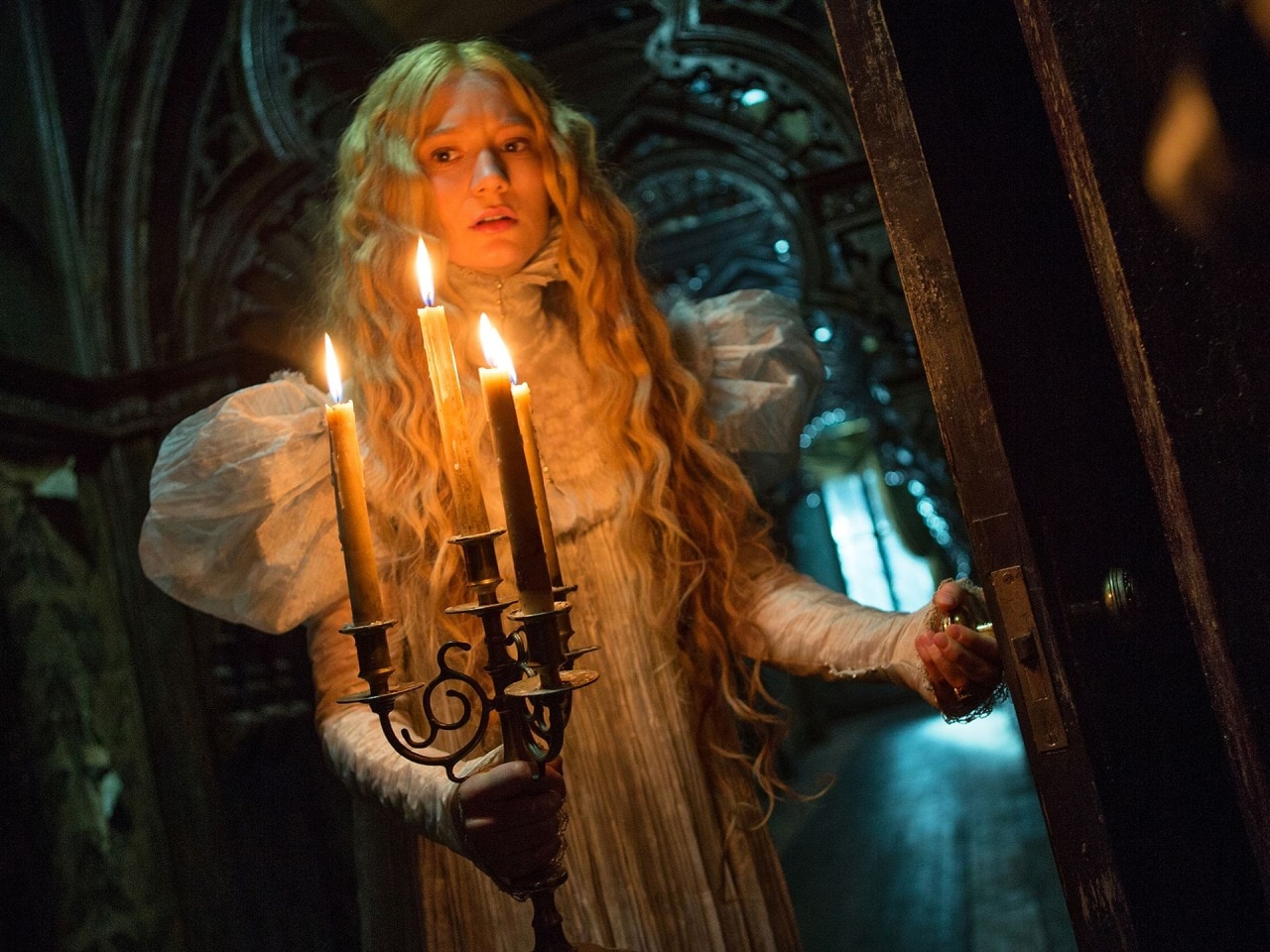As a writer, one thing that stood out to me was the times when someone wanted to hurt the heroine, they went straight for the figurative jugular. They dissed her manuscript.
Seriously, it might have been kinder to go literal instead.
Perhaps del Toro was channeling his own angst at having his off-kilter style judged or maybe I’m projecting. I’ll take either, or both, truth be told.
Western culture takes a different stance on writing than it does the visual and performing arts. The stereotypes, regardless of the reality, is that when individual artists and performers reach a true level of mastery after years of practice, there’s no true way to deny their achievement. And if you don’t see the true mastery, you’re a bumpkin (don’t point at the painting John, you’re embarrassing me) and there’s whole genres of art that only an acquired taste can appreciate (as in like improv jazz, interpretative dance, postmodern art, and etc.)*
Writing, on the other hand, surely can be done by anyone and thus surely anyone can be a valid critic. And genre fiction itself has long standing history where many "valid critics", both on the street and ivory tower, agree to not waste their time reading it.
While every type of creative needs a coach, writing is ultimately a collaborative art. Some writers need an Alpha reader, others need a few beta readers and almost everyone needs some proofreading help. This is before the publisher comes in with their own team of copy editors (who do the actual line-by-line editing) and editors (who are advocates who focus on the story with — or in spite of — the author.)
A beginning writer who hasn’t found a solid collaborator, someone is more than just a cheerleader, is lost — especially those who know the deck is stacked against them. For them, an unkind word cuts most deep. And in Crimson Peak, that effect was weaponized by the Sharpe family. (In this context, I’m debating if that surname is more pun or irony.)
The Internet has been a boon too young to writers in the recent past. Fan fiction is now considered a legitimate part of a career for writers, it allows for faster feedback and access to receptive audience that might embrace your work.
But these days we also know that the Internet’s evolved into a social weapon. This goes double since writers are constantly baring their souls when their work is read.
So what’s my call to action? Honestly, I don’t know if I have one in a time when stories are judged from multiple angles and agendas.
If you find that a book you read is new writer to you, or just new period, then take a little care when you do your review. If something didn’t work for you, tone down on the snark; but build up the case on why it worked in other novels. Expound on what you enjoyed, yet examine why that put a smile on your face.
As a final word, I’m not advocating that every new writer get a medal for their first effort. That first effort is going to be a horrible first pancake, but how you couch those can make a world a difference. It might give them just a ghost** of a chance at finishing that first novel.
*Side note: I have heard of an award-winning genre writer who left the field to enjoy dancing. She found the immediate appreciation of an audience to be much more rewarding than the years it took to sell her shorts.
**Sorry. Couldn’t resist. I’ll be leaving now.

No comments:
Post a Comment